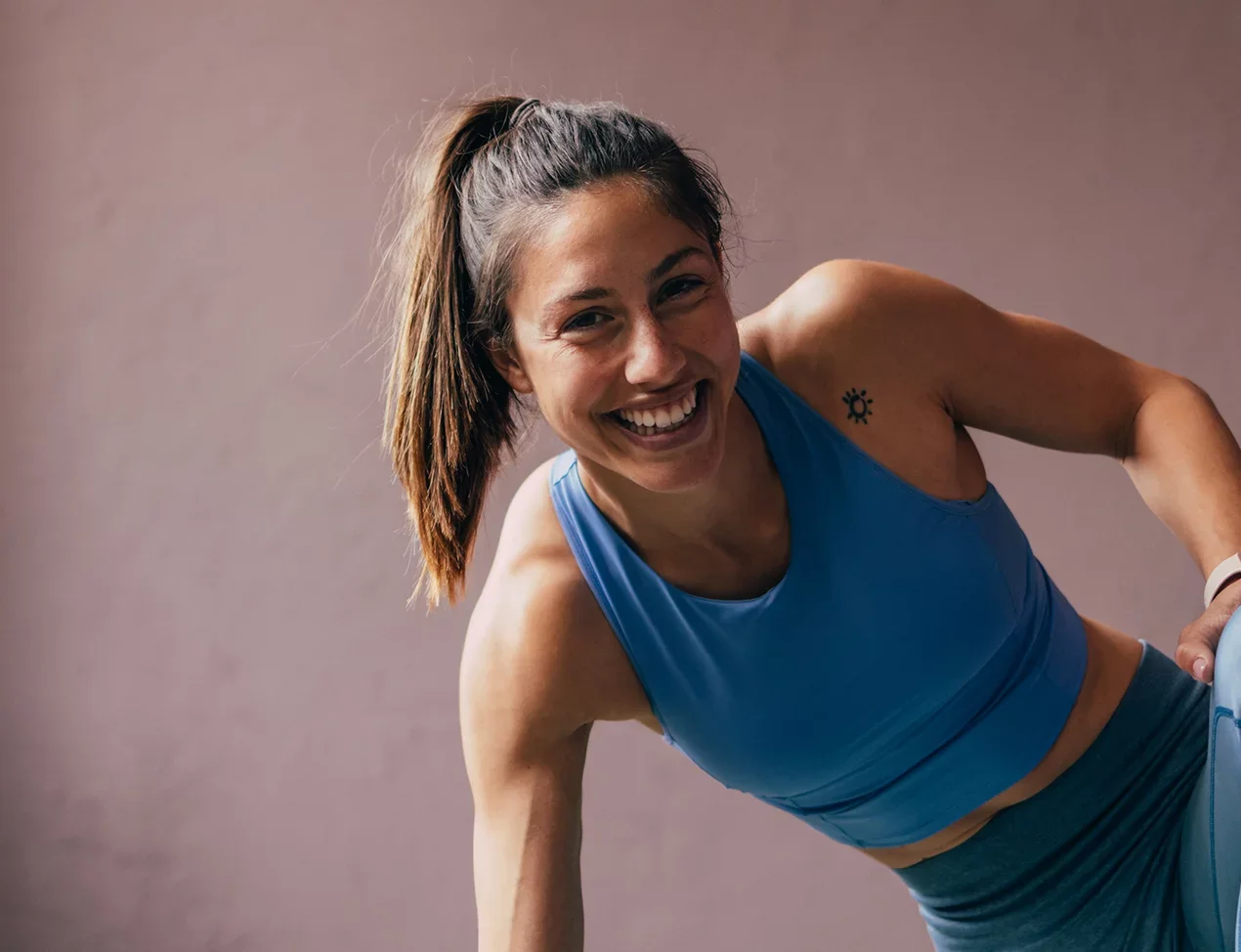Your heart and exercise - how they work together

I don’t know about you, but I love feeling my heart pounding when I exercise. Whether it be in a CrossFit class or hitting the pool for some laps, whenever I feel my heart rise to whatever challenge I’ve set it, I’m in awe.
Now that’s probably because when it comes to the heart, I am a great big nerd. Even when I feel like I’m pushing myself super hard, I have these moments where I can’t help but marvel at what my body is getting up to.
Most of us know that exercise is really good for you and an important part of staying healthy and happy. But what exactly is happening to your heart when you lace up your sneakers or roll out your yoga mat?
It starts with your muscles
Whatever form of exercise you’re getting into, your skeletal muscles that move your body around start doing more work than say if you were sitting down. When this happens, they need much more energy and oxygen, brought by blood.


What women need to know about their hearts
Did you know that broken heart syndrome is real? Discover the facts and figures that are unique to women when it comes to heart health, and why right now is the best time to proactively look after it.
During exercise, blood flow through your muscles can increase 25-fold and to get that done, our heart has to work harder.
Messages to work harder
Once your muscles start moving, a number of signals start to tell your heart that it’s time to pump blood harder than before. Some of this comes from our brain, firing up our sympathetic nervous system which is also known as our fight or flight nervous system.
This amps up the adrenaline in our body to help keep us moving. The muscles working harder also get signals to the heart to tell it that they need much more blood, again through nerves and hormone signals.

With each heartbeat, when you exercise, your heart can pump twice as hard as normal.
Your heart kicks in!
One of the biggest things that happen during exercise is that your heart pumps a lot more blood. It does this in two ways. First of all, it starts beating faster. While the average heart rate at rest is around 60-70 beats per minute, at exercise, it can go much faster, even as high as 180-190 beats per minute, sometimes even more!
The other thing that happens is that your heart becomes much more efficient. With each heartbeat, when you exercise, your heart can pump twice as hard as normal, again under the effects of our nerves and through hormones like adrenaline.
Your working muscles are also squeezing more blood back to your heart and as it receives the extra blood, your heart is clever enough to realise that it needs to pump it out as fast as it comes back.
Training your heart muscle
When you train your muscles, they get more efficient. You can walk longer, run faster or lift heavier weights. Your heart is no different; with training, it becomes so much more efficient at getting your body moving. This is what we would commonly refer to as ‘fitness’.

What is HIIT and what are its benefits?
Want to improve your cardiovascular fitness? HIIT training may be a great option. Find out why.
When we think of fitness, it’s easy to think of looking a certain way. Fitness has nothing to do with how you look, rather it’s a measure of how effective your heart and lungs are keeping up with the demands of your body. It’s a very scientific measure that can be determined in a lab by measuring something called VO2 max (said vee-oh-two-max) which measures how much oxygen your muscles can take up when they exercise.
Over time with regular exercise, your fitness level improves as your heart is able to more quickly and more efficiently work to send blood to your working muscles. It also gets far more efficient when you’re not exercising. When you’re resting, your heart is able to pump more blood more efficiently, even at lower heart rates.
How to take care of your heart with exercise
Fitness is really important for a healthy lifestyle and to decrease our risk of heart disease. Along with eating a heart-healthy diet, maintaining normal blood pressure and cholesterol levels - the fitter we are, the healthier we’re likely to be. Especially when it comes to the heart.
Here are 4 ways to support your heart health with exercise.
- Move every day - it might not always be structured exercise, but any physical activity you can do is good for you. Whatever it is that your like - walking, yoga, cycling or footy - getting out and getting moving is the best way to get your heart pumping
- Do a little more - you don’t need to go from running ten minutes to a marathon, but maybe try and push yourself a little more to get that fitness. Perhaps take a longer walk home or add five minutes to your run each week.
- Sit a little less - while exercise is great for you, being too sedentary is not that great. With a lot of us sitting down for work or just to relax, it’s important to remember to keep moving. Try working standing up, walking an extra stop or even just remembering to stand up and walk around regularly at work.
- Feel sick? Then stop - Your heart is amazing at keeping your body moving, even when it’s pounding but there are things we should keep an eye out for. If you develop severe shortness of breath, dizziness, pain in the chest or palpitations when you’re exercising, stop and get medical help - see your GP or call an ambulance if you’re concerned. You may even want to see your GP before commencing a new exercise program.
Dr Nikki Stamp is an Australian trained cardiothoracic surgeon and PhD candidate. She has a strong desire to change the way we think about health and is a passionate supporter of the Heart Foundation and women's heart disease advocacy. Nikki is a previous member of the healthylife Advisory Board.
read more from Dr Nikki Stamp
Reviewed by the healthylife Advisory Board January 2022

